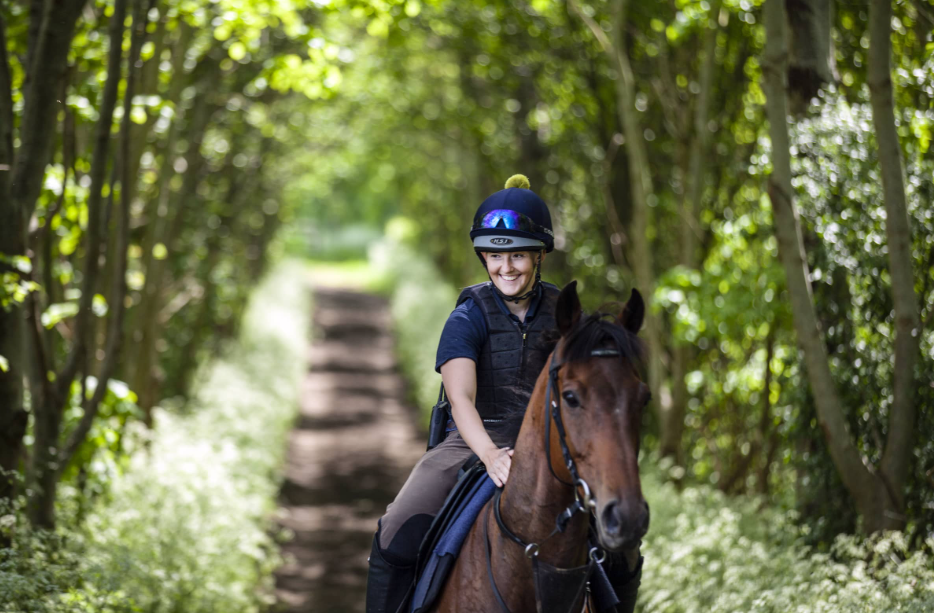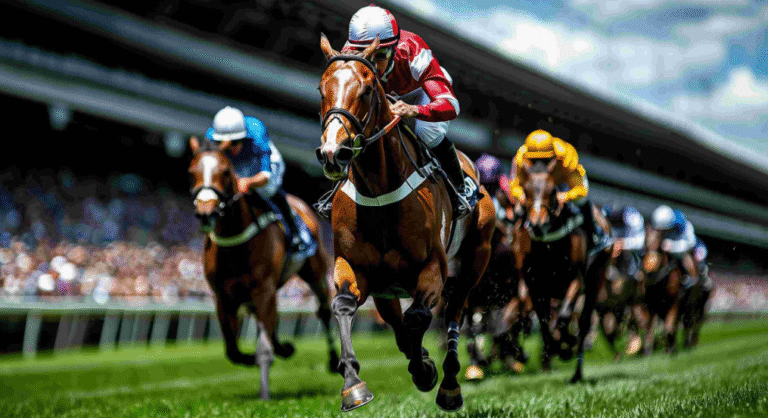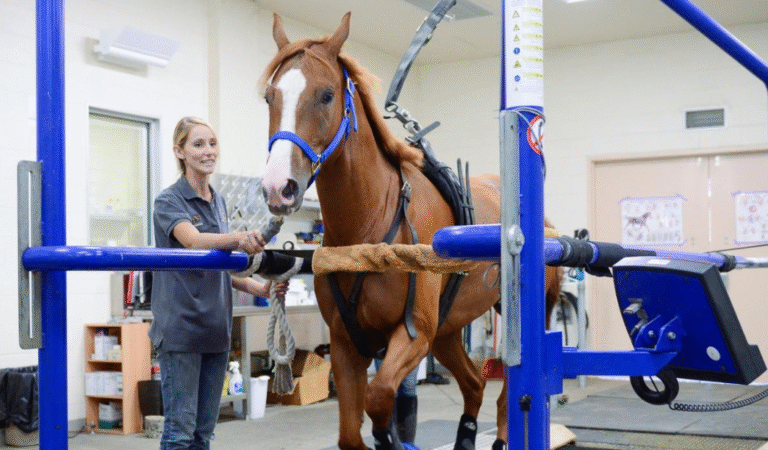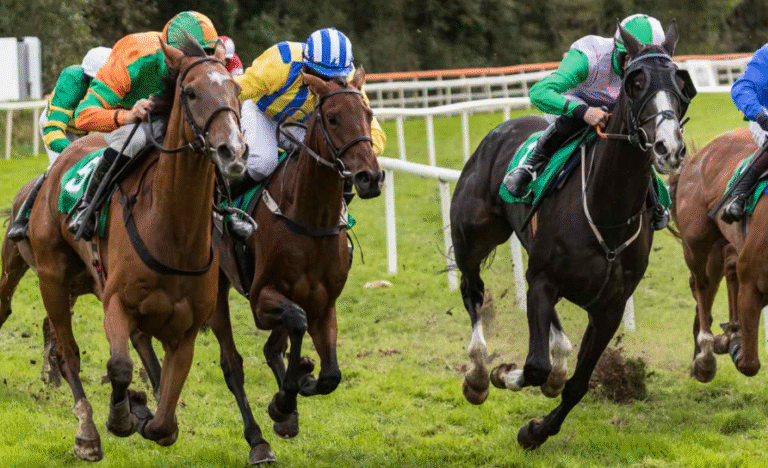Behind the Scenes: The Life of a Racehorse Trainer
The life of a racehorse trainer is often unseen, yet it is filled with intricate routines and significant responsibilities. Each dawn brings a blend of grooming, training techniques, and strategic planning. Trainers must balance the demands of horse care with the complexities of the racing industry. As they navigate through challenges, their commitment shapes the future of their equine athletes. What drives this passion, and how do trainers adapt to an ever-evolving landscape?
The Early Morning Routine
As dawn breaks over the training grounds, racehorse trainers embark on an early morning routine that sets the tone for the day ahead.
Central to their success are meticulous grooming practices, ensuring each horse feels valued and ready.
These morning rituals foster a bond between trainer and horse, cultivating trust and performance.
The tranquility of the morning enhances focus, paving the way for a productive day.
See also: 10 Tips for Betting on Horse Races Like a Pro
Training Techniques and Strategies
Effective training techniques and strategies are essential for maximizing a racehorse’s potential and ensuring peak performance on race day.
Trainers employ gait analysis to assess movement efficiency, allowing for tailored workouts that enhance speed and agility.
Additionally, mental conditioning plays a critical role, fostering resilience and focus, ensuring horses remain calm under pressure.
Together, these approaches empower trainers to bring out the best in each racehorse.
The Importance of Nutrition and Care
While training techniques are vital for a racehorse’s performance, the significance of proper nutrition and care cannot be overstated.
A well-balanced diet, complemented by essential dietary supplements, enhances a horse’s strength and stamina.
Adhering to structured feeding schedules ensures optimal energy levels and promotes overall health, allowing these magnificent athletes to thrive both on and off the racetrack.
Facing Challenges in the Racing Industry
Maintaining a well-rounded diet and care regimen for racehorses is just one aspect of the complex and demanding world of horse racing.
Trainers must navigate market fluctuations and regulatory changes that can deeply impact their operations. These challenges require adaptability and foresight, as trainers work tirelessly to ensure their horses remain competitive while balancing financial stability and compliance with evolving industry standards.
Conclusion
In conclusion, the life of a racehorse trainer is an intricate tapestry of commitment and expertise, where every detail counts. Notably, studies show that a well-trained horse can improve its race performance by up to 30% with the right conditioning and nutrition. This statistic underscores the critical role trainers play in not only preparing horses for competition but also enhancing their potential. As they navigate the complexities of the racing world, trainers remain the unsung heroes behind their equine athletes’ success.





